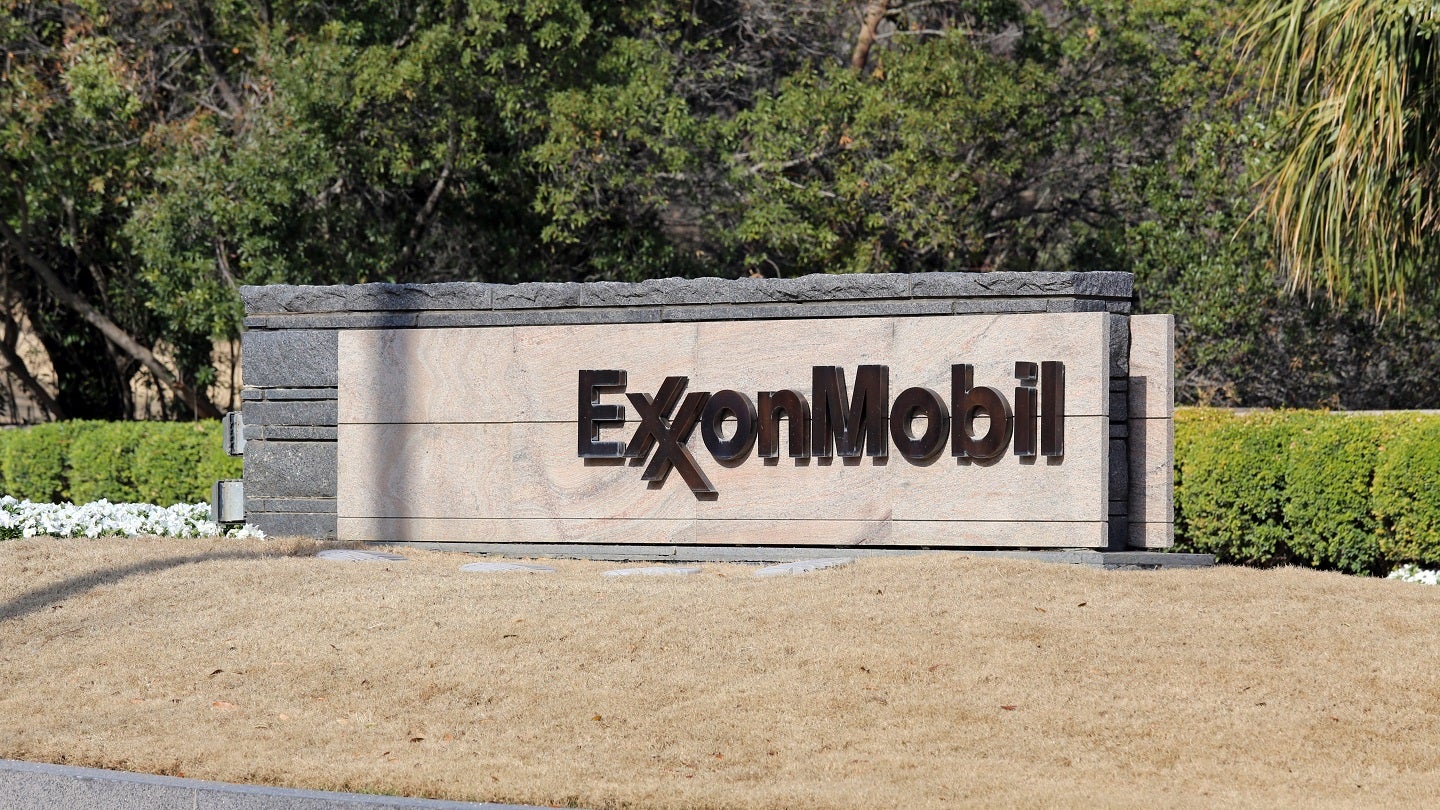Court denies plea from ExxonMobil, Koch Industries and the American Petroleum Institute to move the trial to a federal court, helping Minnesota put industry on trial for deception.
Ashima Sharma
January 10, 2024


Credit: Katherine Welles/Shutterstock.
The US Supreme Court has denied hearing a plea from major fossil fuel companies and an industry trade group to move the venue of a 2020 climate lawsuit filed by the state of Minnesota.
The original lawsuit accused the fossil fuel industry of covering up the dangers of burning coal, oil and gas. Exxon Mobil Corp, Koch Industries and the American Petroleum Institute had asked the court to review a March decision by the 8th U.S. Circuit Court of Appeals, which declared the case belongs to the state court.
However, on 8 January, the high court denied the appeal by Big Oil.
The case alleges that the companies involved had run decade-long campaigns to deceive the public about climate change. While ExxonMobil and Koch Industries have been tied directly to manipulative marketing, the American Petroleum Institute, an oil and gas lobby group, has been accused of coordinating the industry’s deception around the impact of fossil fuels.
The courts’s decision signal an attempt to push the companies to pay for the effects of climate crisis that Minnesotans are left to bear.
The state said that downplaying the referenced climate risks violated the state consumer protection and fraud laws, causing severe economic damages to the state over the years.
In 2023, several such appeals were declined, sending cases filed in Colorado, California, Rhode Island, Hawaii, Maryland and others back to state courts rather than federal courts, the energy industry’s favoured venue.
The energy companies claimed that the federal jurisdiction is appropriate because the climate crisis is an issue of much broader, global importance. However, there is no common federal regulation to address greenhouse gas pollution.
“Taken together, the defendants’ behaviour has delayed the transition to alternative energy sources and a lower carbon economy, resulting in dire impacts on Minnesota’s environment and enormous costs to Minnesotans and the world,” Minnesota Attorney General Keith Ellison said in a statement on Monday.
Minnesota has been an active participant in environmental action over the years. In 2023, a District Court judge dismissed a plea by Twin Metals, a subsidiary of Chilean mining company Antofagasta, to restore the company’s cancelled mining leases worth $1.7bn (1.56trn pesos).
The Biden administration had blocked mining in part of north-east Minnesota for 20 years over concerns it could pollute a major recreational waterway and harm the state’s vast network of interconnected waterways.
The US Supreme Court has denied hearing a plea from major fossil fuel companies and an industry trade group to move the venue of a 2020 climate lawsuit filed by the state of Minnesota.
The original lawsuit accused the fossil fuel industry of covering up the dangers of burning coal, oil and gas. Exxon Mobil Corp, Koch Industries and the American Petroleum Institute had asked the court to review a March decision by the 8th U.S. Circuit Court of Appeals, which declared the case belongs to the state court.
However, on 8 January, the high court denied the appeal by Big Oil.
The case alleges that the companies involved had run decade-long campaigns to deceive the public about climate change. While ExxonMobil and Koch Industries have been tied directly to manipulative marketing, the American Petroleum Institute, an oil and gas lobby group, has been accused of coordinating the industry’s deception around the impact of fossil fuels.
The courts’s decision signal an attempt to push the companies to pay for the effects of climate crisis that Minnesotans are left to bear.
The state said that downplaying the referenced climate risks violated the state consumer protection and fraud laws, causing severe economic damages to the state over the years.
In 2023, several such appeals were declined, sending cases filed in Colorado, California, Rhode Island, Hawaii, Maryland and others back to state courts rather than federal courts, the energy industry’s favoured venue.
The energy companies claimed that the federal jurisdiction is appropriate because the climate crisis is an issue of much broader, global importance. However, there is no common federal regulation to address greenhouse gas pollution.
“Taken together, the defendants’ behaviour has delayed the transition to alternative energy sources and a lower carbon economy, resulting in dire impacts on Minnesota’s environment and enormous costs to Minnesotans and the world,” Minnesota Attorney General Keith Ellison said in a statement on Monday.
Minnesota has been an active participant in environmental action over the years. In 2023, a District Court judge dismissed a plea by Twin Metals, a subsidiary of Chilean mining company Antofagasta, to restore the company’s cancelled mining leases worth $1.7bn (1.56trn pesos).
The Biden administration had blocked mining in part of north-east Minnesota for 20 years over concerns it could pollute a major recreational waterway and harm the state’s vast network of interconnected waterways.
No comments:
Post a Comment